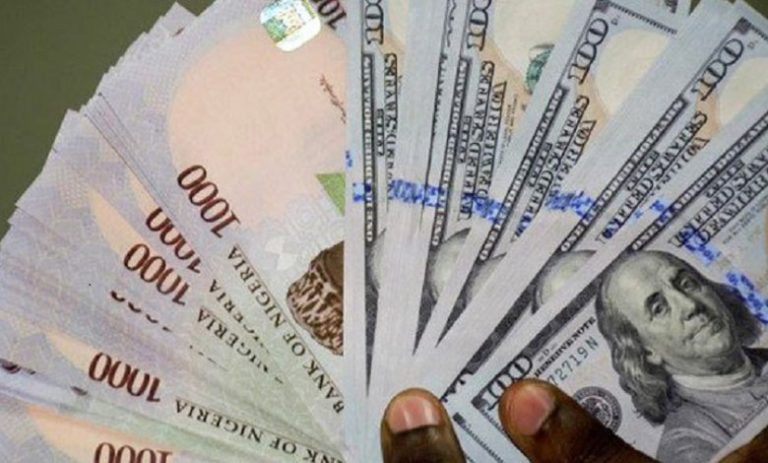In a stark financial development, the Nigerian Naira has nosedived to unprecedented depths against the US Dollar, hitting alarming lows in official and parallel markets.
Officially closing at N956.33 per dollar and recording a staggering N1165 per dollar in the parallel market, the local currency faced a disconcerting depreciation of 12.11%.
The free fall of the Naira has rattled financial experts, prompting urgent calls for intervention from the Central Bank of Nigeria (CBN). Industry leaders, notably Dr Biodun Adedipe, founder of B. Adedipe Associates Limited (BAA Consult), have raised concerns about the destabilizing impact and advocated for strategic measures to counter the currency’s downward spiral.
Adedipe emphasized the need to de-dollarize the economy, urging the CBN to prohibit dollar-based transactions for local operations. He highlighted sectors like maritime services, rentals, and leases as critical areas where the discontinuation of dollar transactions could be pivotal.
Proposals for an overhaul in transactional norms also included advocating for local refineries to switch to purchasing crude oil in Naira instead of dollars, signalling a potential shift in traditional practices.
Additionally, the expert stressed the necessity for transparent dealings within the Investors’ and Exporters’ (I&E) Window, calling for a clear stance from the CBN and direct engagement with bank CEOs to facilitate market reforms.
Read Also : Governor Soludo Makes Excuses for Tinubu
These recommendations were accompanied by a plea for direct intervention by President Bola Tinubu, emphasizing collaborative efforts with banking sector leaders to navigate the market amidst the Naira’s ongoing depreciation.
His words: “CBN should deal transparently with participating banks at the I&E Window. De-dollarize the economy by declaring as illegal any local transactions in US dollars (sale of assets, rent/leases, and other services, including school fees and medical bills) and ensure that government agencies stop charging local operators and entities in US dollars (quite common in the maritime sector).
“Other suggestions include the need to ensure that the sale of crude oil to local refineries should be made in Naira rather than dollars. “
“President Bola Tinubu should have a direct engagement with bank CEOs to generate ideas and use moral suasion to enlist their support for the market reforms. Face the reality that unified exchange rates (not any different than floating the Naira) is a poor policy choice for a structurally defective and weak economy like ours.”
However, concerns persist regarding the feasibility of unified exchange rates in an economy grappling with structural weaknesses.

